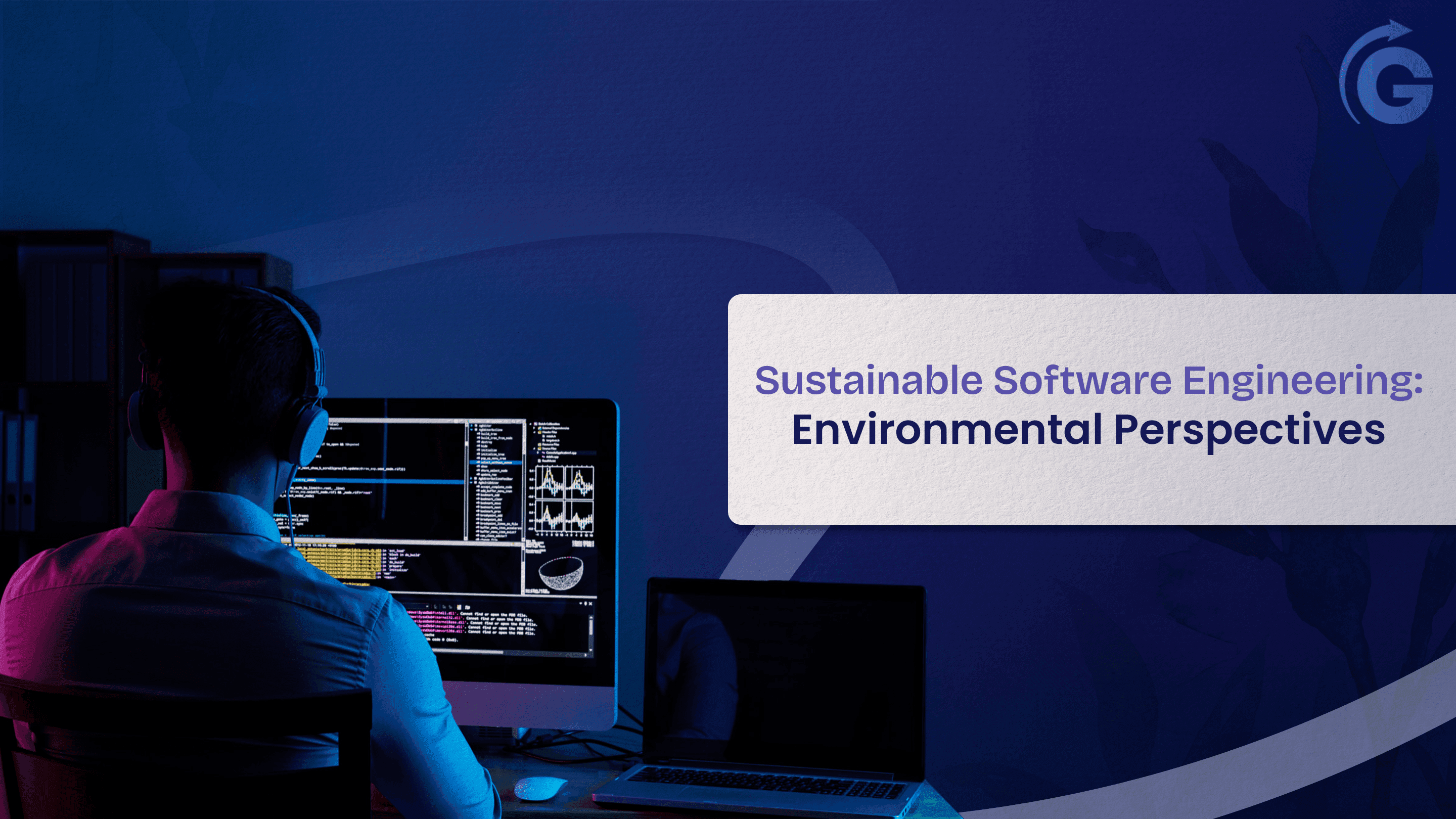In today’s digital world, software engineering shapes our tech landscape. However, its environmental impact often goes unnoticed. As climate change concerns grow, sustainable software practices become essential. This blog explores sustainable software engineering, its environmental impact, and strategies for creating greener software solutions.
What is Sustainable Software Engineering?
Sustainable software engineering aims to reduce the environmental impact of software development and usage. It involves practices that cut energy consumption, optimize resources, and promote eco-friendly processes throughout the software lifecycle.
Key Objectives:
- Energy Efficiency:
- Resource Optimization:
- Lifecycle Management:
- Eco-Friendly Practices:
Environmental Perspectives
- Data Centers:
Data centers consume vast energy, accounting for about 1% of global electricity in 2020. Green data centers using renewable energy and efficient cooling techniques can reduce this impact.
- Software Efficiency:
Efficient software reduces energy consumption. Optimized coding and efficient algorithms lower CPU usage and power consumption.
Resource Utilization:
Cloud computing and virtualization allow efficient resource use, minimizing dedicated hardware needs and energy consumption.
Lifecycle Impact:
The environmental impact extends beyond software use. Sustainable development practices, such as energy-efficient environments and hardware recycling, reduce overall impact.
Strategies for Sustainable Software Engineering
- Energy-Efficient Languages:
Choose languages like C and Rust for their energy efficiency.
- Green Design Principles:
Use efficient algorithms, lazy loading, and modular design to optimize resources.
- Cloud-Based Solutions:
Utilize scalable, efficient cloud services and serverless architectures.
- Energy Monitoring:
Continuously monitor and optimize software energy consumption with specialized tools.
- Sustainability Culture:
Train developers on sustainable practices, set goals, and track progress.
Conclusion
Sustainable software engineering reduces the environmental impact of digital technologies. By adopting energy-efficient languages, green design principles, cloud solutions, energy monitoring, and promoting sustainability, we can build a more sustainable tech future. Prioritizing these practices helps combat climate change and protects our planet for future generations. Gravity Engineering supports these efforts by providing tools and resources to implement and maintain sustainable software engineering practices effectively.
